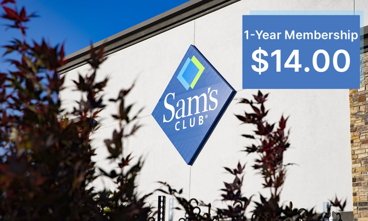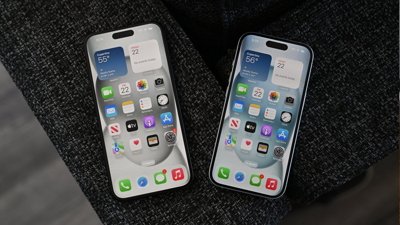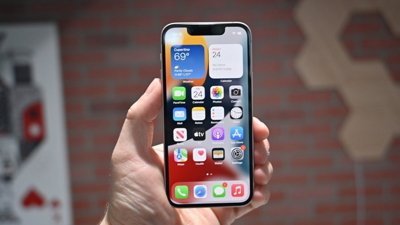Google's 'confidential' test could be super-dense LTE network on Clearwire spectrum
Google has filed a request with the FCC for a license to test a wireless network on its Mountain View campus, and at least one observer believes the search giant is working on an LTE network of its own, possibly in preparation of entering the wireless provider sector on its own terms.
Washington, D.C.-based consulting wireless engineer Steven Crowley writes on his personal site that the high level of confidentiality surrounding Google's filings with the FCC is conspicuous, and that even the company's request for confidential treatment has had portions redacted.
The filings also contain a number of other oddly redacted areas, including the output power of the devices being tested.
What leads Crowley to suspect an LTE network may be in the offing is a code supplied on the form. The code F9W is used sometimes for LTE devices, and it appears in Google's filing for the emission designator.
As Crowley notes, it is not possible to know exactly what may emerge from Google's secretive wireless testing. The search company has already rolled out a fiber-based Internet service in Kansas City, teasing a possible disruption of the wired Internet service industry. Analysts estimate, though, that rolling out such a service nationwide would cost roughly $140 billion.
Entering the wireless carrier market could prove an attractive option for the Android maker, which has already been rumored to have engaged in talks with entities such as Dish Network —also known to be pondering a move into wireless.
Whether Google would be moving into the wireless industry on its own is also unknown. The tests Google is currently carrying out are being conducted on a frequency range held by Clearwire, a group in which Sprint recently took a controlling share. Sprint, itself, was recently acquired by Japanese carrier Softbank.
 Kevin Bostic
Kevin Bostic











 Malcolm Owen
Malcolm Owen
 Christine McKee
Christine McKee

 Amber Neely
Amber Neely

 William Gallagher
William Gallagher









